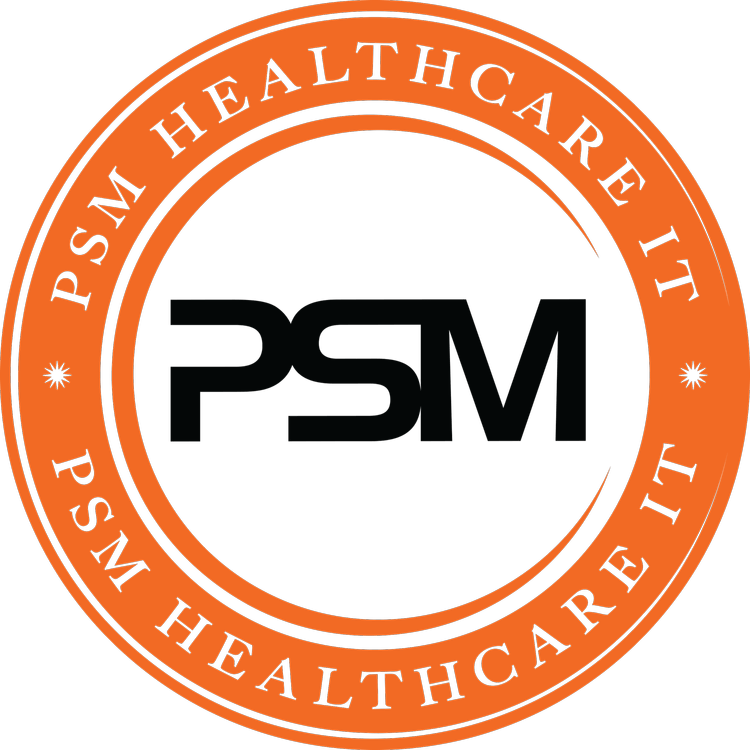-
-
What are the key benefits of outsourcing healthcare IT services?
-
How can outsourcing healthcare IT services improve operational efficiency?
-
What factors should be considered when choosing an outsourcing partner for healthcare IT services?
-
How does outsourcing healthcare IT services help in adapting to changing technology trends?
-
Can outsourcing healthcare IT services help in improving patient care outcomes?
-
In the fast-paced world of healthcare, hospitals face challenges when deciding to outsource IT services to outsourcing companies, a move that can be a game-changer for patients. Outsourced healthcare IT services offered by outsourcing companies provide a contrast between streamlined operations and overwhelming tasks for hospitals and patients. By partnering with outsourcing companies and experts in the field, healthcare providers can focus on core services and patient care while ensuring data security, compliance, and efficiency. The benefits extend beyond cost savings, providing health systems and service providers access to cutting-edge technology and specialized knowledge that can elevate the quality of care provided. Stay ahead in the competitive healthcare landscape by leveraging outsourced IT services tailored to meet the unique needs of your organization.
Key Takeaways
-
Consider outsourcing healthcare IT services to streamline operations and improve efficiency.
-
Understand the advantages of outsourcing healthcare IT, such as cost savings, access to specialized expertise, and enhanced data security.
-
The increasing demand for healthcare IT outsourcing highlights the industry’s shift towards more efficient and innovative solutions.
-
When exploring outsourcing partnerships, prioritize communication, reliability, and a shared commitment to quality patient care.
-
Key technologies and solutions in healthcare IT outsourcing include electronic health records (EHR), telemedicine platforms, and cybersecurity measures.
-
Choosing the right outsourcing partner can lead to improved patient outcomes, increased scalability, and better compliance with industry regulations.

Outsourced Healthcare IT Services: Benefits Unveiled
Exploring Outsourced Healthcare IT Services
Benefits Overview
Outsourcing healthcare IT services offers significant cost-saving advantages for companies. By leveraging outsourcing companies, healthcare providers can reduce operational expenses significantly. This allows health systems to allocate resources more efficiently towards patient care and other core healthcare functions. Improved focus on core business activities is another key benefit of outsourcing. Organizations can streamline their operations by entrusting IT functions to specialized service providers, enabling them to prioritize critical healthcare functions. Access to specialized expertise and innovative solutions is a crucial advantage of outsourcing healthcare IT services. Companies can benefit from the knowledge and experience of professionals in the field, ensuring the implementation of cutting-edge technologies and best practices.
-
Cost-saving advantages
-
Improved focus on core activities
-
Access to specialized expertise
Services Offered
Outsourced healthcare IT services encompass a wide range of offerings, including data storage, cloud technology implementation, advanced analytics, and cybersecurity solutions. Healthcare organizations can leverage these services to enhance data management efficiency, improve accessibility to critical information, and ensure compliance with industry regulations. Through outsourcing, companies gain access to advanced technologies and tools that may be otherwise challenging to implement in-house due to cost or resource constraints. Managed healthcare IT services further provide benefits such as enhanced security measures and scalability options, allowing organizations to adapt to changing demands effectively.
-
Data storage
-
Cloud technology
-
Analytics
-
Cybersecurity
Global Market Insights
The global healthcare IT outsourcing market is projected to witness substantial growth in the coming years, driven by factors such as increasing demand for efficient healthcare services and technological advancements in the industry. Key drivers contributing to this expansion include the need for streamlined operations, cost-efficiency, and enhanced patient care delivery. Market dynamics such as regulatory changes and evolving consumer expectations are also influencing the growth of healthcare IT outsourcing. Cost pressures within the industry are prompting organizations to seek innovative solutions through outsourcing partnerships, leading to a more competitive landscape and fostering technological advancements.
-
Projected market growth
-
Key drivers for expansion
-
Impact of market dynamics
Advantages of Outsourcing Healthcare IT
Access to Skilled Professionals
Outsourcing healthcare IT services provides access to a pool of skilled IT professionals with expertise in managing complex healthcare systems. Leveraging this expertise can enhance healthcare IT infrastructure management, ensuring optimal performance and security. Collaborating with experienced professionals enables healthcare organizations to benefit from specialized knowledge in developing tailored IT solutions.
Cost-Efficient Staffing
Outsourcing healthcare IT services can lead to significant cost savings by eliminating the need for in-house staffing. By outsourcing staffing needs, organizations can reduce overhead costs associated with hiring full-time employees. This approach offers financial advantages through flexible staffing models, allowing organizations to scale resources based on demand while avoiding unnecessary expenses.
Better Rates for Solutions
Outsourcing provides access to competitive rates for healthcare IT solutions, offering cost-effective alternatives to in-house development. Compared to maintaining an in-house team, outsourcing allows organizations to minimize development costs while accessing a broader range of expertise. By partnering with external providers, healthcare organizations can secure affordable IT solutions tailored to their specific needs.
Enhanced Operations
Outsourcing plays a crucial role in enhancing operational efficiency within healthcare organizations by optimizing processes and workflows. Through outsourcing, organizations, including health systems, can streamline operations, improve service delivery, and enhance patient care outcomes. The strategic use of IT outsourcing contributes to optimizing operational performance, enabling healthcare providers to focus on core activities while leveraging external expertise for enhanced efficiency.
Demand for Healthcare IT Outsourcing
Budget Management
Outsourcing healthcare IT services provides significant advantages in budget management. Organizations can achieve cost savings by outsourcing IT functions rather than maintaining in-house departments. This shift allows for better allocation of resources towards core healthcare services.
The cost-control benefits of outsourcing IT functions are evident in reduced operational expenses and capital investments. By outsourcing, organizations can access specialized expertise without the need for expensive training or recruitment. This helps in optimizing costs while enhancing IT capabilities.
For budget-conscious organizations, outsourcing offers financial advantages such as predictable costs and scalability. With outsourced services, organizations can avoid unexpected expenses related to technology upgrades or maintenance. This predictability enables better financial planning and resource allocation.
Software Security
tware security is paramount in healthcare IT outsourcing to safeguard patient data and comply with regulations. Managed IT services play a crucial role in ensuring data security by implementing robust cybersecurity measures. These measures include encryption, access controls, and regular security audits.
The significance of robust security measures cannot be overstated when handling sensitive healthcare information. Data breaches can have severe consequences, including legal penalties and damage to an organization’s reputation. Outsourcing partners with expertise in software security help mitigate these risks effectively.
In the context of modern healthcare, where data privacy is a top priority, software security becomes a critical aspect of IT outsourcing. Organizations must prioritize secure practices to maintain trust among patients and regulatory bodies.
Operational Improvements
Outsourcing healthcare IT services contributes to operational enhancements through streamlined processes and enhanced efficiency. By leveraging external expertise, organizations can optimize workflows and reduce administrative burdens, leading to improved service delivery.
The impact of IT outsourcing on improving service delivery and patient care is notable in faster response times and enhanced communication channels. Technology-driven solutions enable healthcare providers to focus on patient outcomes while ensuring seamless operations behind the scenes.
Technology plays a pivotal role in driving operational improvements within healthcare settings by enabling automation, data analytics, and telemedicine solutions. These advancements not only enhance efficiency but also support better decision-making processes for improved patient care outcomes.
Understanding Outsourcing Partnerships
Vendor vs Partner
In healthcare IT outsourcing, a vendor typically provides services on a transactional basis, focusing on delivering specific tasks. On the other hand, a partner collaborates closely with the healthcare organization, aligning goals and strategies. Establishing a partnership fosters long-term relationships and shared success. The benefits of a partnership include enhanced communication, better understanding of organizational needs, and proactive problem-solving.
Limited vs Flexible Approaches
When comparing limited and flexible approaches in healthcare IT outsourcing, limited approaches often involve rigid contracts and predefined services. In contrast, flexible approaches allow for adjustments based on evolving requirements and technological advancements. Flexibility enables healthcare organizations to adapt quickly to changes in the industry landscape. Embracing flexibility ensures that IT solutions can be tailored to meet specific needs effectively. Customized solutions lead to improved efficiency, cost-effectiveness, and overall performance.
Customized Solutions
Customized solutions play a crucial role in healthcare IT outsourcing by addressing unique challenges faced by healthcare providers. Tailored IT solutions are designed to meet specific requirements, ensuring optimal functionality and performance. The benefits of customized solutions include increased productivity, streamlined workflows, and enhanced patient care delivery. By leveraging personalized approaches, healthcare organizations can achieve greater operational efficiency and competitive advantage.
Key Technologies and Solutions
EHR System Development
Electronic Health Record (EHR) system development plays a crucial role in modern healthcare. These systems digitize patient information, improving access to data for healthcare professionals. By implementing EHR systems, healthcare providers enhance patient care through streamlined processes and accurate data management. Outsourcing EHR system development enables healthcare institutions to leverage advanced technologies without significant upfront costs.
Hospital Management Systems
Hospital Management Systems are integral to efficient healthcare operations. These systems centralize administrative tasks, such as scheduling, billing, and inventory management. Implementing integrated hospital management systems enhances workflow efficiency, reduces errors, and improves overall patient care quality. Outsourcing the development of these systems allows hospitals to focus on core activities while benefiting from cutting-edge technologies.
Pharmacy Information Management
Pharmacy Information Management is essential for ensuring safe and effective medication practices within healthcare settings. IT solutions streamline medication dispensing, tracking, and inventory control, reducing errors and enhancing patient safety. Outsourcing pharmacy information system development enables pharmacies to adopt state-of-the-art solutions tailored to their specific needs.
Benefits of Choosing the Right Partner
Quick Professional Access
Outsourcing healthcare IT services provides rapid access to specialized expertise for organizations. Leveraging these skills ensures efficient completion of IT projects. Healthcare entities benefit from quick deployment of IT professionals through outsourcing arrangements.
Effective time and cost management are key advantages of outsourcing healthcare IT services. By entrusting IT functions to external partners, organizations can optimize resource allocation. This approach helps in achieving cost-efficient project timelines by leveraging the expertise of outsourced professionals.
Time and Cost Management
Outsourcing healthcare IT services plays a crucial role in securing software systems within the industry. Cybersecurity measures are essential for protecting sensitive data in healthcare settings. Proactive security strategies are integral to maintaining the integrity of software systems in outsourcing partnerships.
Making the Decision
Assessing Needs and Goals
Organizations in the healthcare sector must assess their specific needs and goals before deciding to outsource IT services. This evaluation ensures that the outsourcing strategy aligns with the business’s overall objectives. By understanding these requirements, healthcare providers can streamline operations and enhance patient care.
Aligning IT outsourcing strategies with business goals offers numerous benefits. It enables healthcare organizations to focus on core functions while leveraging specialized expertise from external partners. This alignment also promotes cost-efficiency and innovation, driving improved service delivery and patient outcomes.
Evaluating organizational requirements is crucial for selecting the right outsourcing partner. By identifying key areas that need support, such as EMR implementation or cybersecurity, healthcare providers can find a partner with expertise in these specific domains. This targeted approach leads to successful collaborations and sustainable IT solutions.
Evaluating Potential Partners
The process of evaluating potential partners for healthcare IT outsourcing involves thorough research and analysis. Healthcare organizations should consider factors like experience, reputation, and service offerings when assessing potential providers. Conducting a comprehensive evaluation ensures that the selected partner can meet the organization’s unique IT needs effectively.
When selecting an outsourcing provider, certain criteria are essential for ensuring reliability and competence. These criteria may include certifications, industry experience, client references, and compliance with regulatory standards. By prioritizing these factors during the evaluation process, healthcare organizations can mitigate risks and establish long-term partnerships.
Due diligence plays a critical role in choosing the right partner for IT services in healthcare. Organizations must conduct background checks, review case studies, and engage in detailed discussions with potential partners to assess their capabilities thoroughly. This rigorous evaluation process helps mitigate risks associated with outsourcing and ensures a seamless transition of IT services.
Summary
In today’s fast-paced healthcare landscape, outsourcing IT services can offer numerous benefits. From cost-effectiveness to specialized expertise, choosing the right outsourcing partner can streamline operations and boost efficiency. By leveraging key technologies and solutions, you can stay ahead of the curve and meet the growing demand for innovative healthcare IT services. Understanding the nuances of outsourcing partnerships is crucial in making informed decisions that align with your organization’s goals.
As you navigate the decision-making process, remember to prioritize finding a partner that not only meets your current needs but also aligns with your long-term objectives. By selecting a reliable and experienced partner, you can unlock a world of opportunities for growth and success in the ever-evolving healthcare IT landscape. Take the time to evaluate your options carefully and make a choice that sets your organization up for sustainable success.
Frequently Asked Questions
What are the key benefits of outsourcing healthcare IT services?
Outsourcing healthcare IT services can lead to cost savings, access to specialized expertise, enhanced data security, improved scalability, and increased focus on core activities. It allows healthcare providers to stay updated with technological advancements without the burden of managing IT internally.
How can outsourcing healthcare IT services improve operational efficiency?
By outsourcing healthcare IT services, providers can streamline processes, reduce downtime, enhance system performance, and ensure compliance with industry regulations. This leads to a more efficient operation that can focus on delivering quality patient care while leveraging advanced technology solutions.
What factors should be considered when choosing an outsourcing partner for healthcare IT services, especially when hospitals need to outsource to external vendors while complying with HIPAA regulations?
When selecting an outsourcing partner for healthcare IT services, it’s essential to evaluate their experience in the industry, track record of successful projects, adherence to security standards like HIPAA, flexibility in service offerings, scalability of solutions, and ability to provide ongoing support and maintenance.
How does outsourcing healthcare IT services, telemedicine, and HIPAA help hospitals in adapting to changing technology trends?
Outsourcing healthcare IT services ensures access to a team of experts who stay abreast of evolving technology trends. This enables healthcare providers to adopt new technologies quickly, implement innovative solutions, and remain competitive in a rapidly advancing digital landscape.
Can outsourcing healthcare IT services, telemedicine, help hospitals in improving patient care outcomes and overcoming challenges?
Yes, by outsourcing healthcare IT services, providers can leverage advanced technologies such as electronic health records (EHR), telemedicine solutions, predictive analytics, and personalized medicine tools. These innovations enable better patient data management, remote monitoring capabilities, faster diagnosis, and personalized treatment plans leading to improved patient care outcomes.





